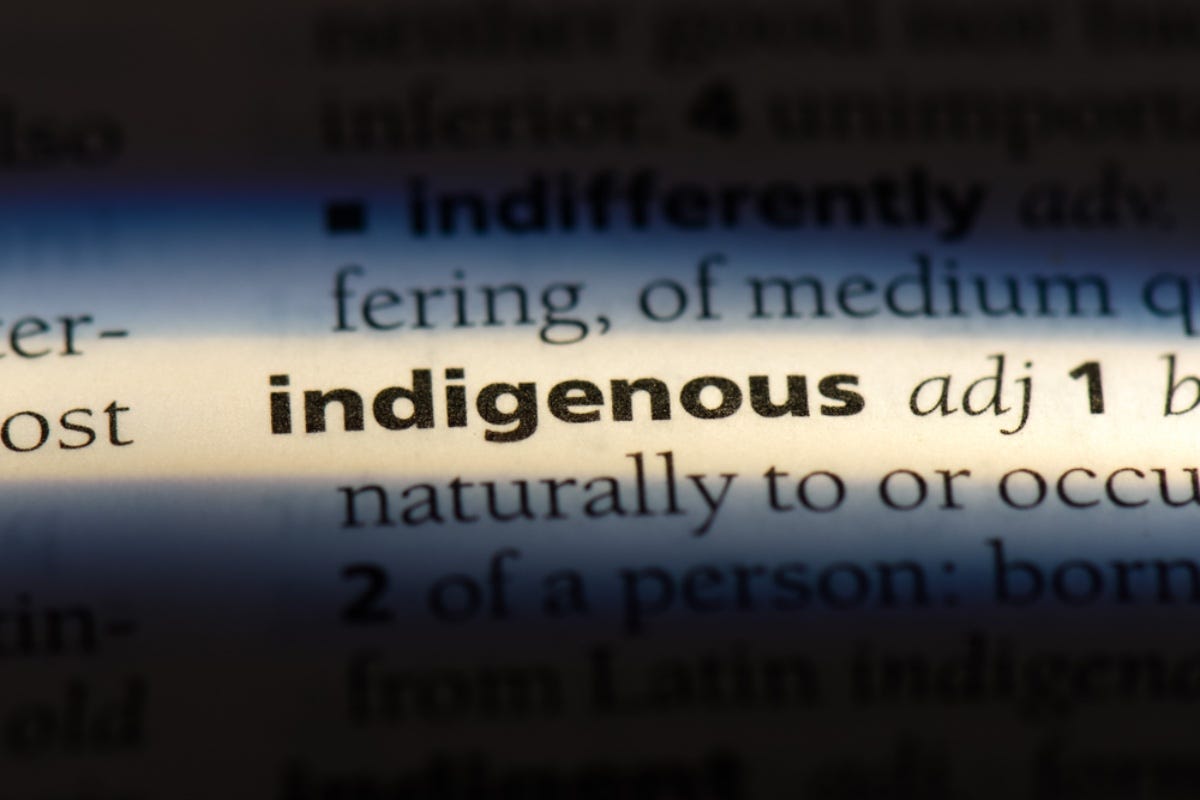Word Watch: Indigenous
Works like the fifth-century BC marbles that Lord Elgin saved from destruction in Greece have only recently become "indigenous", and a symbol of Greek nationalism.
The new Director of Tate Modern has pronounced that the museum must be interested in "indigenous art". This, she says in The Art Newspaper, means emphasising the work of, for example, Australian Aboriginal artists.
Her ambition raises very interesting questions as to the function of a national art collection. This column can’t venture into that aesthetic labyrinth, but it should be interested in the ways that language is used to steer such a discussion.
That Aboriginal people may produce "art" is not in question (a definition of "art" is for another time); but we might ask whether the values of Aboriginal art are those that the national art collection should want to represent or adopt. Remember that, since the eighteenth century, we in England have had the benefit of a superlative anthropological collection (in the British Museum) that represented the aesthetic output of peoples all over the world. What it did was to define that output as "indigenous", not "universal" in its terms of reference.
"Indigenous" meant, and still means, "native" or "existing in its place of origin since before the introduction of non-native elements (colonists for example)". "Universal" by contrast meant, in effect, European, mainly of the last thousand years. Works like the fifth-century BC marbles that Lord Elgin saved from destruction in Greece, at his own expense and with permission from the local authorities, were an exception to this generalisation until recently, when they have become "indigenous" and "stolen" from their place of origin. They are now a symbol, a rallying cry for Greek nationalism.
Nationalism was the defining philosophy of the European nineteenth century. It is defined by Wikipedia as "an identity-based belief system, an idea or social movement that holds that the nation should be congruent with the state". "Nativism" was recently defined by James Monteith as "the political policy of promoting or protecting the interests of native-born or indigenous inhabitants over those of immigrants, including the support of anti-immigration and immigration-restriction measures". It’s worth recording, if only for the amusement of it, that Benjamin Disraeli, architect of the British Empire, could use "indigenous" to mean simply "personal" or "unique to an individual". In his last novel, Endymion (1880), he wrote: "Her handsome husband … just appointed to a high office in the household by the new government. Even the excitement of the hour did not disturb his indigenous repose".
What has happened is that the word "anthropological" has acquired derogatory connotations, deriving from its use in what are now seen as "patronising" attempts to analyse and control foreign cultures. In other words, it has become heavily politicised. The trouble is that any concept Europeans (or white males generally) try to use in the service of scientific understanding (of any subject) is now contaminated by suspicions of the exploitation of oppressed minorities.
The absurdity of this argument is obvious. For a start, the "minorities’" are vast majorities in many places, who have benefited enormously from the scientific and philosophical investigations of those disposed to make them (as the Elgin marbles were saved from almost certain loss by the knowledgeable enthusiasm of the antiquarian Elgin). But the Director of Tate Modern cannot subscribe to such views, as she is in thrall to the doctrines of a modern version of Marxism, in which everything European, and especially British, is the result of imperialist oppression. That creed is commonplace now: the "long march through the institutions" prophesied (planned?) by the political theorist Antonio Gramsci (1891-1937) and like-minded Marxists in the mid-twentieth century has reached its goals and there’s hardly an institution in this country or America that doesn’t parrot the divisive and often totally false assertions of "Frankfurt Marxism". Watch out. Museum directors can be foot-soldiers in that campaign.


